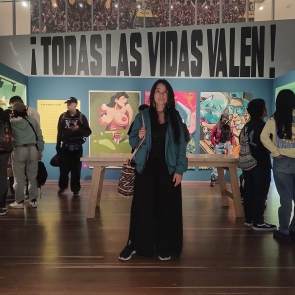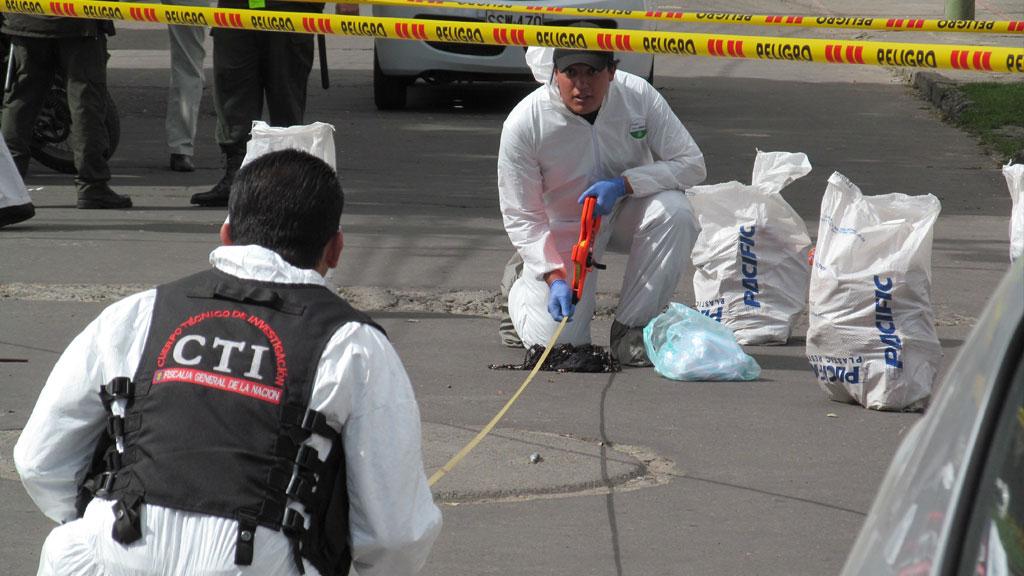
Greissy Perilla
Greissy Alexandra Perilla Vargas is a woman human rights defender from Colombia. She holds a degree in social sciences from the National Pedagogical University and is a specialist in collective memory, human rights, and resistance from CLACSO University in Argentina. She has worked to promote education for vulnerable populations from a human rights perspective and to defend transitional justice.
The defender has participated in literacy projects and the creation of public libraries for children and adolescents at high risk of vulnerability. She has advised teachers in public schools in Bogotá on how to care for students who are victims of internal armed conflict and displacement.
For the past six years, she has worked in the department of Meta, at the University of Los Llanos' Territorial Observatory, strengthening research into human rights and collective reparation. She has worked mainly at the Foundation for the Defence of Human Rights and International Humanitarian Law in Central and Eastern Colombia (DHOC), where she is a member of the Board of Directors and where she formulates and implements projects for collective reparation, mitigation of deforestation in natural parks, and strengthening of protection and self-protection mechanisms for human rights defenders
In 2022, she was appointed representative of civil society organisations defending human rights and territory before the Municipal Council for Peace and Reconciliation of the Municipality of Villavicencio in the same department.
In 2022, the woman human rights defender was criminalised after being sentenced to more than ten years in prison for criminal acts committed during the national strike in November 2019. Her conviction was later overturned due to lack of evidence.
She is currently seeking asylum due to the high risk that Colombia poses to her life and freedom.

